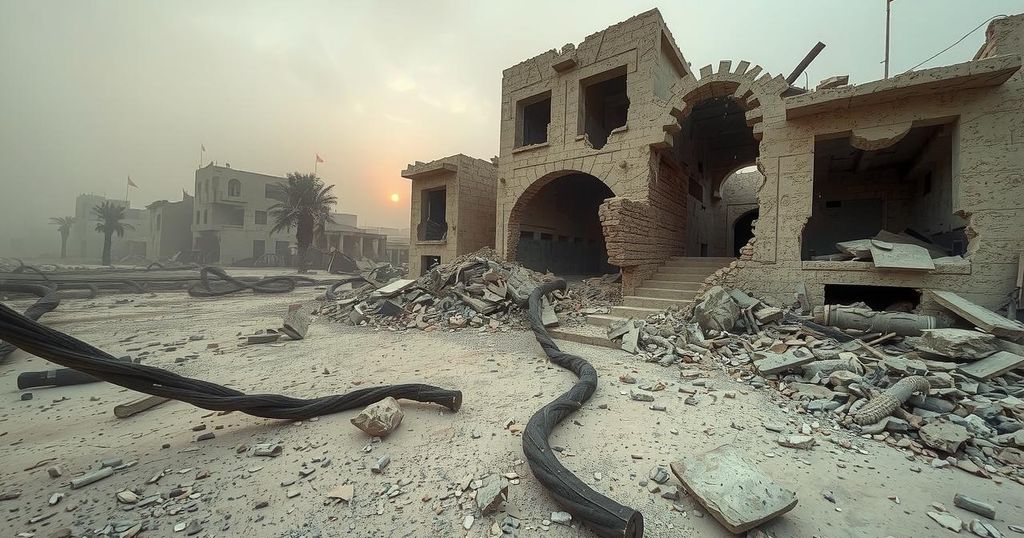Mozambique has been hit by severe tropical cyclones—Chido, Dikeledi, and Jude—resulting in widespread devastation. Approximately 453,971 people were affected by Cyclone Chido, with serious impacts in Cabo Delgado Province. Cyclone Dikeledi impacted 283,334 individuals, while Cyclone Jude caused over 390,000 people to be affected by mid-March 2025, exacerbating ongoing public health crises like cholera.
Mozambique continues to grapple with the devastating aftermath of multiple tropical cyclones, notably Cyclones Chido, Dikeledi, and Jude, which have severely impacted communities. Cyclone Chido, making landfall on December 15, 2024, unleashed torrential rains exceeding 250 mm and winds of up to 120 km/h, affecting approximately 453,971 individuals and compelling the necessity for a Flash Appeal due to the significant destruction.
Cabo Delgado Province bore the brunt of Cyclone Chido, particularly in districts like Mecufi and Metuge, where entire communities were devastated. Initial findings from a multi-agency assessment mission highlighted the extensive damage, revealing that nearly all homes in Mecufi had been destroyed, amplifying the urgent need for humanitarian assistance.
Cyclone Dikeledi struck next on January 13, 2025, near Nampula, delivering severe weather that led to the displacement of an estimated 283,334 individuals. The damage was profound, with 80,865 homes impacted, including over 36,000 completely destroyed. Children and women constituted a significant portion of those affected.
Following closely, Cyclone Jude made landfall on March 10, 2025, with winds intensifying the situation in affected areas. This cyclone triggered emergency responses due to potential cholera outbreaks, having already declared one in Larde prior to its impact. By mid-March, over 390,000 people were reported affected, with increased flooding exacerbating the cholera crisis, particularly in Nampula.
Humanitarian partners mobilized swiftly following these cyclones, utilizing resources from the Central Emergency Response Fund to implement anticipatory actions. Such efforts were critical in mitigating the emerging humanitarian crises, revealing a pressing need for continued support across affected provinces, including Cabo Delgado, Inhambane, and others.
As assessments continue, the comprehensive understanding of damages underscores the necessity for strategic recovery plans and immediate humanitarian assistance to restore livelihoods and infrastructure in Mozambique.
The recent tropical cyclones in Mozambique have produced catastrophic humanitarian consequences, displacing hundreds of thousands and causing massive infrastructural destruction. The appeals for international assistance are urgent, given the ongoing cholera risks and the fragile state of public health and infrastructure, as assessment findings continuously reveal the extent of the devastation. Strengthening disaster response frameworks and securing continued support will be crucial for recovery efforts going forward.
Original Source: www.unocha.org




